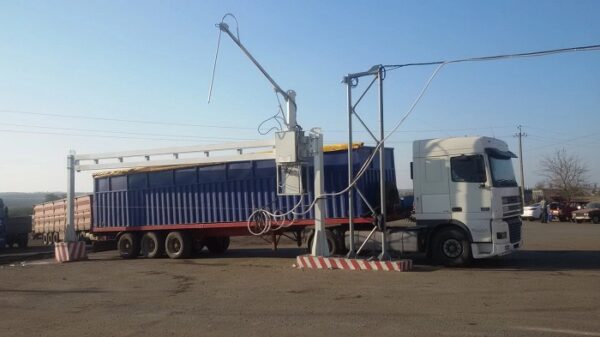Diesel fuel is a heavy fuel used to power a wide variety of vehicles. Basically, diesel fuel is made from oil, but in addition, renewable products can be used for production to obtain synthetic or biodiesel fuel. There are a number of advantages and disadvantages when working with such fuel..
Views
Diesel fuel is produced by distilling the hydrocarbon components of crude oil. The resulting product is simply called diesel. But this is not the only way to make such a product. Synthetic diesel fuel is obtained from food waste, garbage, corn, hemp, straw and wood, and is used to fuel cars, trucks and even some aircraft. Another form of such diesel fuel is biodiesel. Its production requires vegetable oils or animal fats. Biodiesel runs cleaner than traditional petroleum, although it is also sometimes blended with petroleum diesel.
Usage
Conventional diesel and biodiesel are used for vehicles. Such fuel can be more efficient than gasoline when it comes to heavy equipment, transportation of bulky goods. It is often used in agricultural machinery, military vehicles, mining machinery, forestry machinery, and for refueling generators. In addition, some conventional cars can run on diesel engines and some of them even use biodiesel..
Advantages and disadvantages
Diesel is a popular choice for heavy equipment and vehicles as it is less flammable and less explosive than gasoline. When working on diesel fuel, the equipment is less likely to stall. Despite this, it is heavier than gasoline and can be damaged by cold weather, although there is a special winter diesel fuel. From a health point of view, diesel emissions are more dangerous, including for the development of cancer. They can also worsen respiratory conditions and increase the risk of cardiovascular disease..





